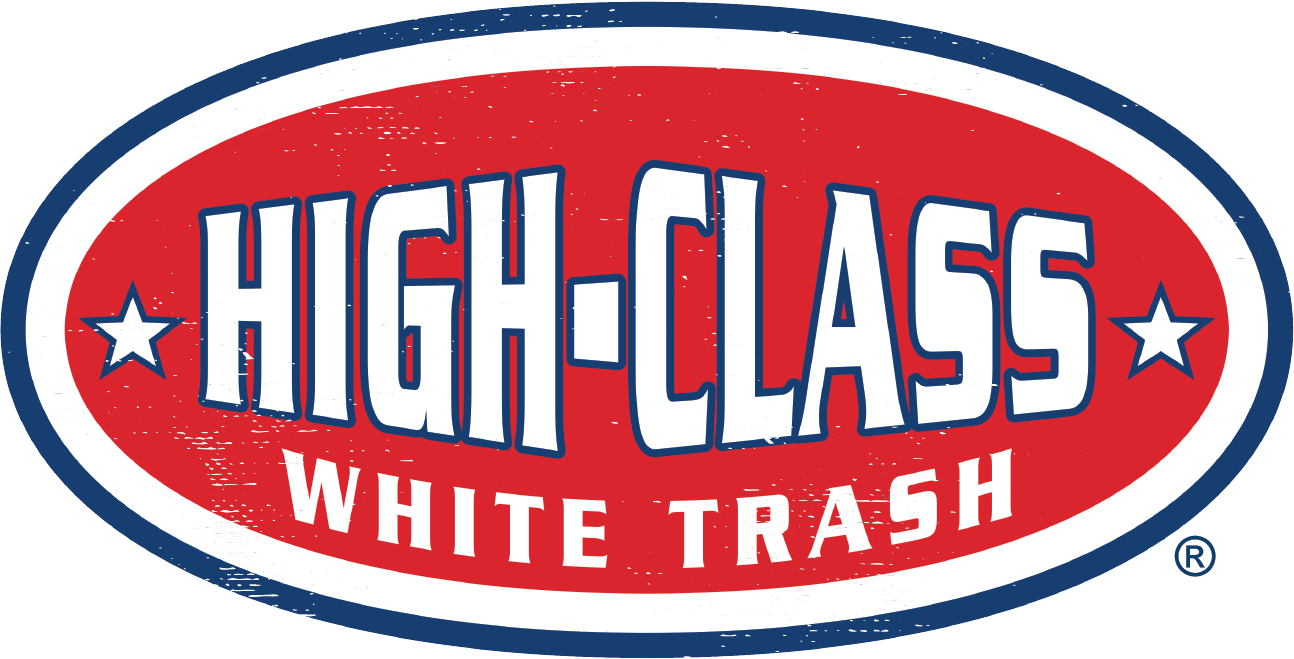The narrative of American blue-collar workers is traditionally one of resilience and hard work. However, there's another layer to this demographic that often goes unrecognized: their potent role in driving social change. This blog explores how the rebellious spirit of blue-collar workers has historically and continues to influence societal transformations.
Defining the Rebellious Spirit
At its core, the rebellious spirit can be understood as a refusal to accept the status quo if it proves unjust or inequitable. For blue-collar workers, this often means challenging workplace norms, advocating for better safety standards, fair wages, and equal treatment, regardless of one's job title or background.
Historical Context
Blue-collar workers have been pivotal in shaping labor laws and workers' rights in the United States. From the early 20th-century labor strikes that led to the establishment of the eight-hour workday to the recent movements pushing for a livable minimum wage, their influence is undeniable. Their involvement in such activism isn't just about improving their work conditions—it's about setting a precedent for fairness that transcends industries.
Modern Movements
In contemporary settings, blue-collar workers continue to be at the forefront of advocating for social justice. Their efforts are evident in movements like:
- Fair wages and benefits: Pushing for policies that ensure a fair living wage that is reflective of the current economic standards.
- Health and safety regulations: Championing stricter safety protocols to protect workers from hazardous conditions.
- Right to organize: Defending the right to form and join unions without retaliation, which is crucial for collective bargaining.
The Impact of Military and Law Enforcement Communities
The blue-collar workforce encompasses a significant number of veterans and former law enforcement officers. Their experiences in structured, disciplined environments often inspire a distinct brand of leadership and advocacy within their civilian roles. Notably, their influence extends into areas like:
- Veteran affairs: Advocating for better healthcare, mental health services, and transition programs for veterans.
- Community policing models: Proposing reforms that focus on community engagement and preventive measures.
A Unique Perspective on Freedom and Rights
Many blue-collar workers, particularly those with military backgrounds, have a unique perspective on personal freedoms and societal rights. They often champion causes that protect individual liberties while promoting a collective responsibility towards community and country.
The Role of Fashion and Identity
Fashion plays a surprising role in the expression of blue-collar values and identity. Brands like High-Class White Trash resonate with this demographic by offering apparel that embodies their ethos—durable, functional, yet distinctly American. This fashion statement is not merely about aesthetics but a badge of honor, a form of non-verbal communication that says, "This is who I am, and this is what I stand for."
Fashion as a Form of Protest
Clothing choices can often be a form of silent protest or solidarity. For instance, moisture-wicking shirts or tactical gear are not just practical but symbolize a readiness and resilience that is core to the blue-collar identity.
The Power of Community and Solidarity
One of the most powerful aspects of the blue-collar rebellious spirit is its emphasis on community and solidarity. Whether it's supporting a local veteran-owned business or participating in community-driven projects, these actions strengthen communal bonds and foster environments where change can thrive.
Examples of Community Action:
- Local fundraising for community members in need.
- Organizing and participating in local governance or town hall meetings.
- Supporting veteran and blue-collar businesses that align with their values.
Conclusion
The rebellious spirit of blue-collar workers is a driving force for social change, deeply rooted in their commitment to advocating for justice and equitable opportunities. As explored in an insightful article on SAGE Journals, their contributions are crucial in shaping a more just and equitable society Read the article.
In essence, the narrative of the blue-collar worker is not just one of labor but of leadership and legacy, proving that every hard hat and pair of coveralls might very well be the uniform of the next great social reformer.




